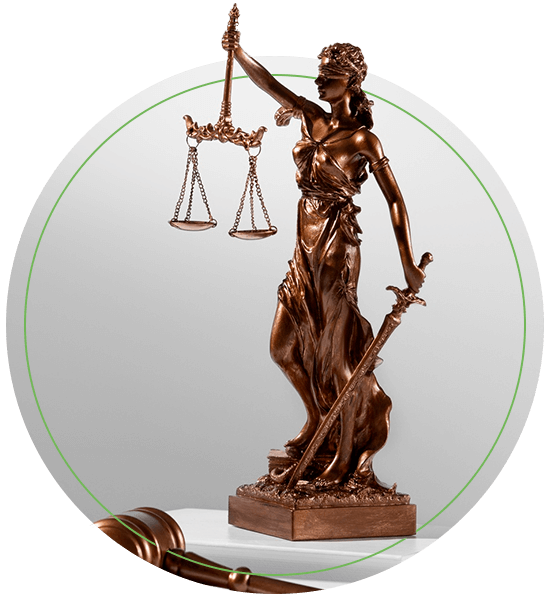
Carrying out a deceased estate is a complex process, but with Walker Pender by your side, it becomes a seamless journey.
We excel in providing expert guidance, ensuring that the deceased’s wishes are honored, and their assets are distributed efficiently.
We meticulously handle all legal and tax aspects of the estate, relieving you of the burden during this challenging time.
Our team specialises in navigating the intricate details, from probate and asset evaluation to dealing with creditors and beneficiaries.
By choosing us, you gain access to our decades of experience in estate administration.
We offer compassionate support and ensure that the estate is executed smoothly, adhering to all legal requirements.
With Walker Pender, you can confidently carry out a deceased estate, knowing that your loved one’s legacy is in capable hands.
Wills and Estates
Need a Lawyer?
Contact us today for expert guidance and representation tailored to your needs.

Deceased Estate Administration Services
This is crucial in interpreting the will and ensuring compliance with QLD-specific estate laws. Legal representation is vital in case of disputes or challenges to the will.
Obtaining probate is a key step in estate administration. This service involves preparing and filing the necessary documents with the Supreme Court of Queensland to validate the will and authorize the executor to administer the estate.
This involves identifying, collecting, and managing the deceased’s assets within QLD, including bank accounts, real estate, and personal property. It is a critical step in ensuring that the assets are secured and managed properly.
Settling the deceased’s debts, including any outstanding taxes, loans, or bills, is essential. This might also involve negotiations with creditors and ensuring that all liabilities are lawfully settled.
This service ensures that the assets of the deceased are distributed according to the will (or, if there is no will, according to QLD’s intestacy laws). It includes transferring titles and ownership of properties and assets.
Keeping accurate and detailed records of all transactions and actions taken during the estate administration is essential for transparency and legal compliance. This is particularly important for tax purposes and in case of any audits or legal inquiries.
Walker Pender Lawyers




How Walker Pender Lawyers Can Assist Deceased Esate
Our Understanding of Queensland Law
We have a comprehensive understanding of the legal requirements and procedures specific to Queensland. Our knowledge of local laws, regulations, and court processes ensures that your estate is managed in full compliance with legal standards.
Guiding You Through Complex Processes
The administration of an estate can be intricate and overwhelming. We are here to guide executors and beneficiaries through this process. Our team provides support, clarity, and assistance in making informed decisions. We help in interpreting legal documents and navigating the various steps involved in estate administration.
Our Support in Sensitive Situations
Handling a deceased estate often involves sensitive and emotional circumstances. We offer professional and empathetic support, ensuring that the wishes of the deceased are honored and that the process is as smooth and stress-free as possible for the family and beneficiaries.
Recent Reviews
Deceased Estate
The deceased person’s estate comprises their entirety of assets and liabilities, or obligations, at the time of their passing.
Assets can include:
- Bank accounts
- Shares
- Superannuation and life insurance policies
- Real estate – such as a nursing home bond or retirement village lease
- Personal belongings, such as furniture and jewellery.
- Liabilities can include mortgages, credit cards and personal loans. Usually liabilities are paid out of the estate assets before they are distributed to beneficiaries.
It is the duty of a lawful personal representative (also known as an executor or administrator) to carry out the administration of an estate. If any, the executor will be designated in the individual’s testamentary document.
The legal personal representative ensures the execution of the last desires of the deceased.
Just some of their responsibilities include:
- Arranging the funeral
- Obtaining a death certificate
- Applying for probate or letters of administration
- Paying debts and income tax following the state or territory
- Informing the Australian Taxation Office (ATO) and other government bodies





















